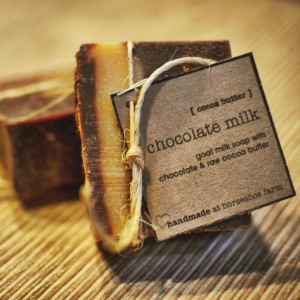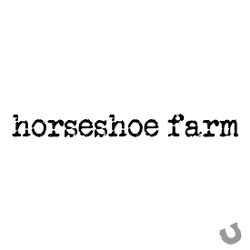STORAGE:
 Store your soap in a cool, dark area until you’re ready to use it. Soap doesn’t like being cooped up in a plastic bag, and may start to sweat if it can’t breathe.
Store your soap in a cool, dark area until you’re ready to use it. Soap doesn’t like being cooped up in a plastic bag, and may start to sweat if it can’t breathe.- Soaps are best when used within 6 months, or by the date on the label. Since these are natural products made from fresh vegetable oils, milk, and food-grade items like oats and nuts with no added preservatives, they don’t have an indefinite shelf life.
- Essential oil fragrances will fade over time, so it’s best to use your soaps promptly.
- Soaps can be refrigerated or frozen in an air-tight container if you aren’t able to use them right away. Allow frozen soaps to warm at room temperature before using.
USE:
- Keep your soap in a clean, well-drained soap dish. Soap left siting in a puddle will turn into a pile of mush. To extend the life of your soap, allow it to dry between uses.
- Soaps can be used directly on the skin or with a washcloth or pouf. Try out different methods with your exfoliating bars to determine the best fit for you.
- Avoid eye contact. Should eye contact occur, flush with water and seek medical attention if irritation persists.
- Don’t use a soap if you are allergic to any of its ingredients. An allergy test should be performed on a small area of skin prior to use.
- Some soaps contain essential oils, some of which may interfere with medications and may not be safe to use if you are pregnant. Consult your doctor before using any product that contains essential oils if you are pregnant or have a medical condition.
